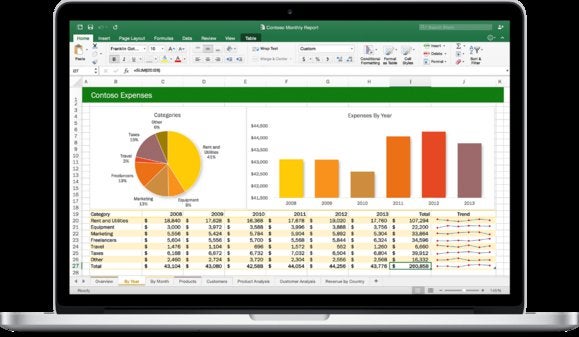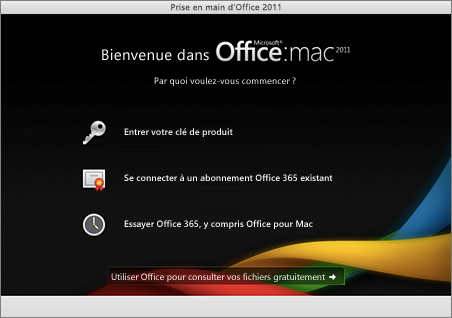
- #OUTLOOK 2011 FOR MAC NO LONGER SUPPORTER UPDATE#
- #OUTLOOK 2011 FOR MAC NO LONGER SUPPORTER PRO#
- #OUTLOOK 2011 FOR MAC NO LONGER SUPPORTER SOFTWARE#
- #OUTLOOK 2011 FOR MAC NO LONGER SUPPORTER MAC#
#OUTLOOK 2011 FOR MAC NO LONGER SUPPORTER MAC#
If your Mac is running one of these versions of macOS you should be able to be confident that Apple will keep an eye on any security vulnerabilities and other problems with these operating systems. This means that Apple will currently provide support for these versions of macOS: macOS Big Sur (macOS 11), macOS Catalina (10.15), and macOS Mojave (10.14). Unexpected shutdowns are becoming commonplace and you've tried everything to fix the problem to no avail.Īpple usually maintains the last three versions of the macOS with bug fixes and important security updates, ensuring that the latest version of Safari will run, and that Apple Services, such as iCloud, are fully supported
#OUTLOOK 2011 FOR MAC NO LONGER SUPPORTER UPDATE#

The apps you need to use no longer run on it.
#OUTLOOK 2011 FOR MAC NO LONGER SUPPORTER SOFTWARE#

There are a few indicators that your Mac has reached the end of its useful life: Alternatively, Apple may be more quick to drop support for Intel Macs. The reason we mention this here is that it will potentially have two effects: people may keep hold of their Intel-powered Macs for longer because they don't wish to update to Apple's M-series chips. If you want to know if this means that buying a new Intel Mac now is a bad idea read this: Should I buy an Intel Mac? However there will be people who are concerned about the move from Intel. The good news is that these Apple processors have proven themselves to be very powerful and hopes are high that the transition will be a good one. This means that by June 2022 there will be no more Intel Macs sold by Apple.
#OUTLOOK 2011 FOR MAC NO LONGER SUPPORTER PRO#
These include the MacBook Air, some MacBook Pro models, the Mac mini and the 24in iMac. The first Macs have already transitioned to Apple's M1 chips. What about the move to Apple Silicon?īefore we begin, Apple made a big announcement at WWDC in June 2020: it is transitioning all Macs from Intel processors to its own processors (which are based on ARM) over the next two years. With Apple adding the 2015 MacBook to the vintage list the list of unsupported products is growing. In this article we will address the above, as well as give advice about which Macs are still supported by Apple, the Macs that can still be repaired if required (Apple stops providing the required parts after a number of years), and the Macs that Apple considers obsolete and vintage. You may also find that Apple no longer supports the operating system software that runs on that Mac - which could leave you open to malware and security vulnerabilities. Unfortunately, at one point repairing your Mac or MacBook will no longer be a viable option and you will need to look for a replacement.Īnother issue with ageing Macs is that the software you need may not run on it. One factor to consider is the age at which most Macs start to experience issues, such as random shutdowns and degraded batteries that no longer hold their charge. You may also be considering buying a secondhand Mac and wondering how old is too old? For example, is that 2012 iMac for £300 a good idea, or would you be better off spending a bit more on a newer model?

But just how long should you expect a Mac to last? Macs have a high price so it's understandable that many Mac users will want to put off replacing them for as long as they can. Which Macs are supported by macOS updates?


 0 kommentar(er)
0 kommentar(er)
